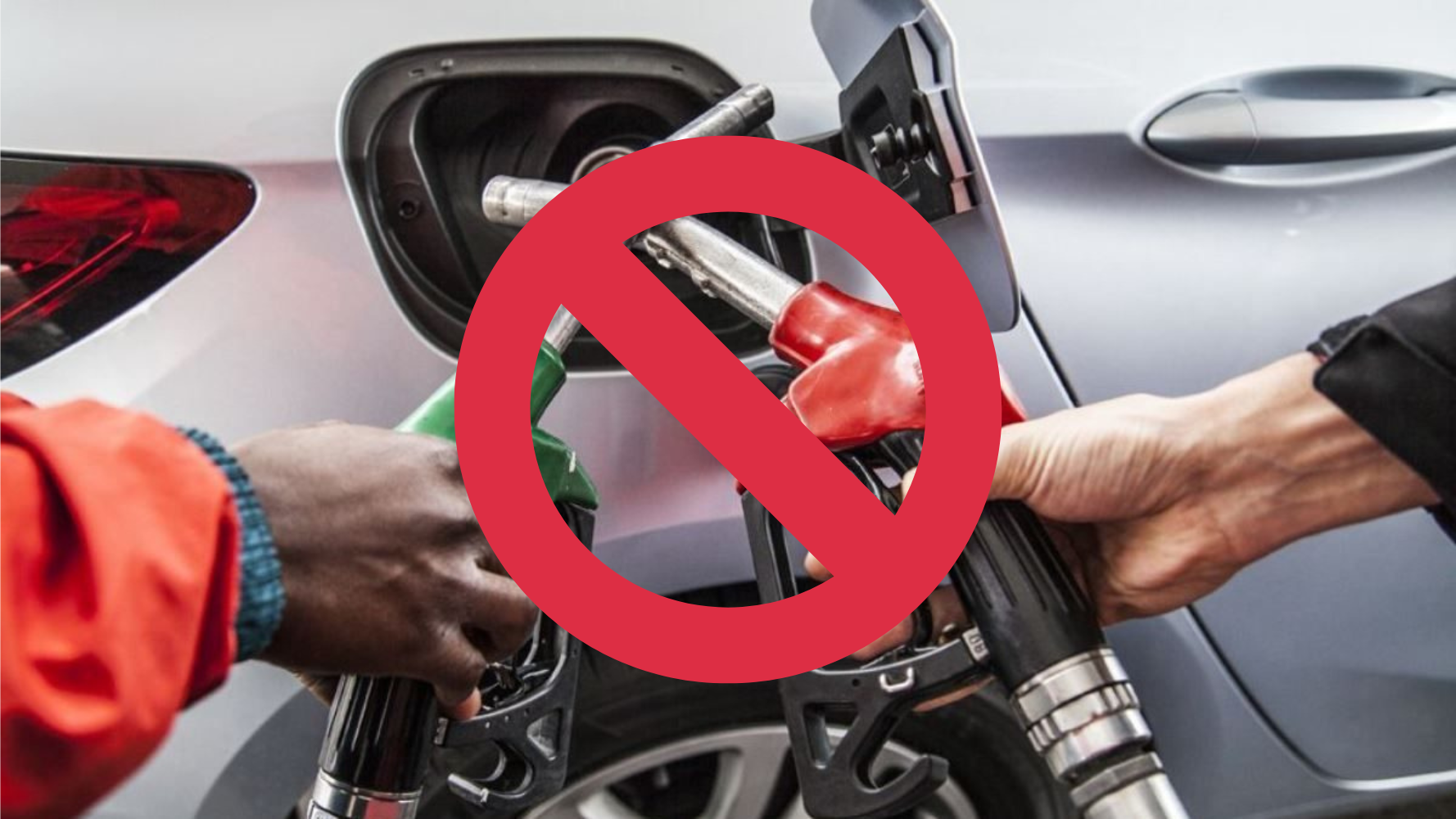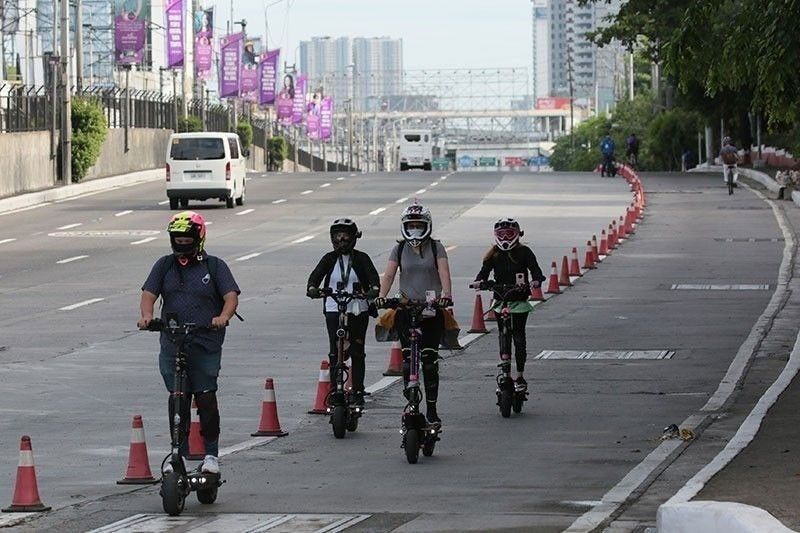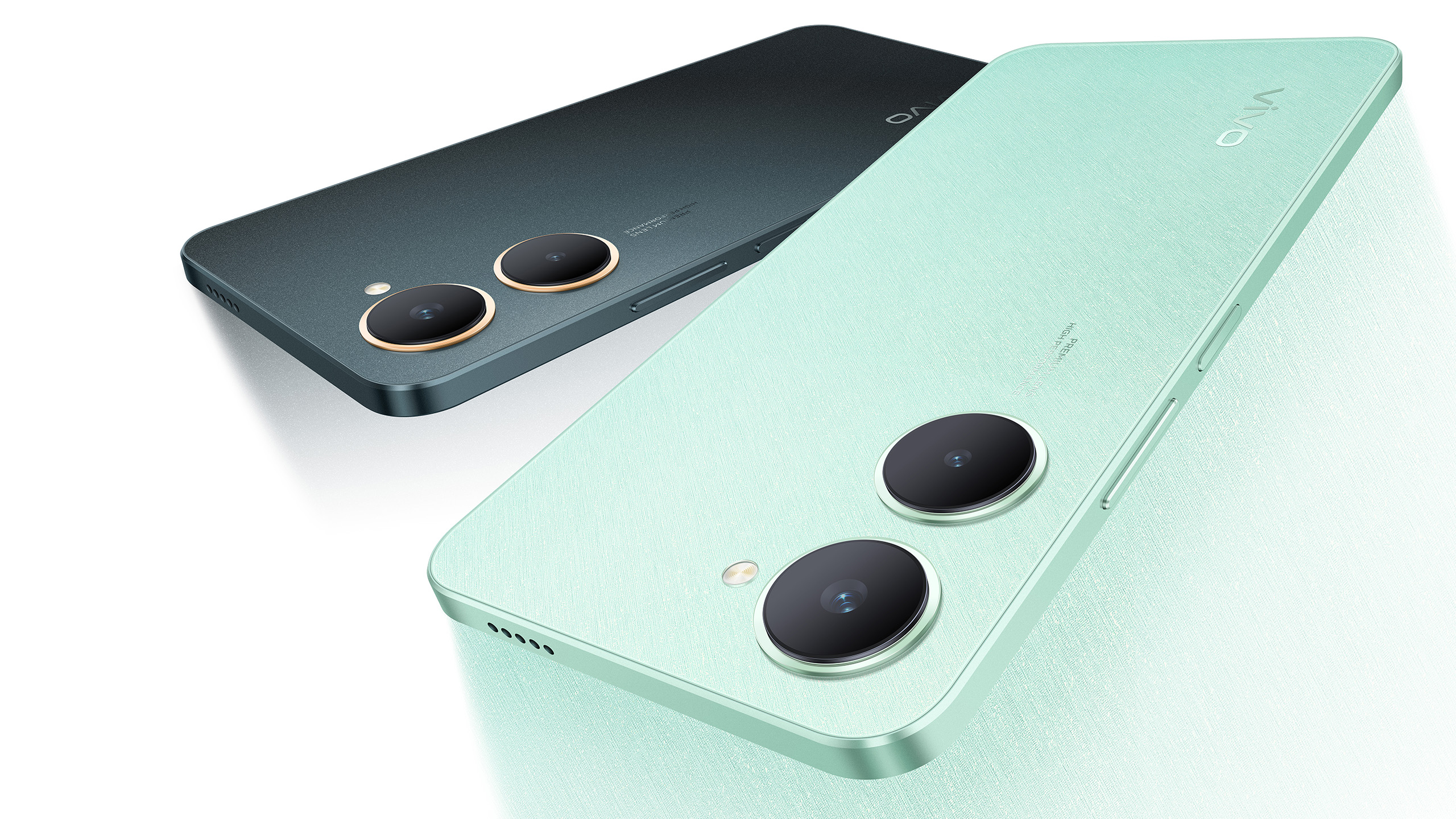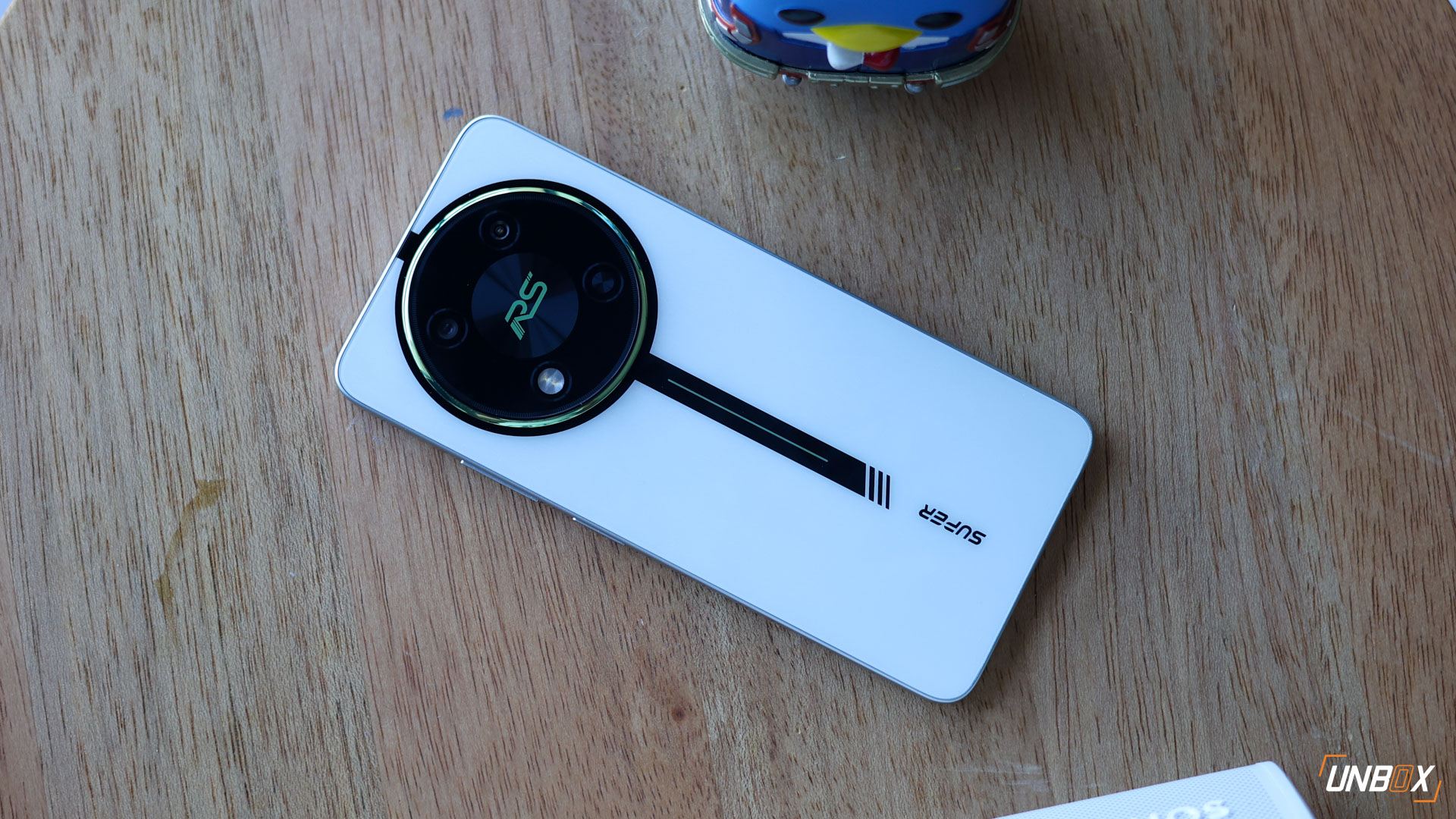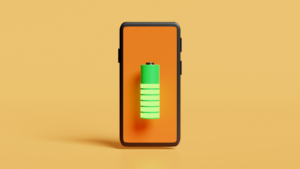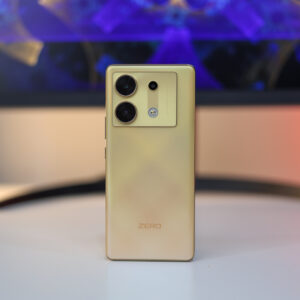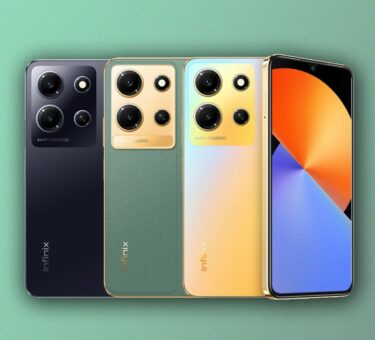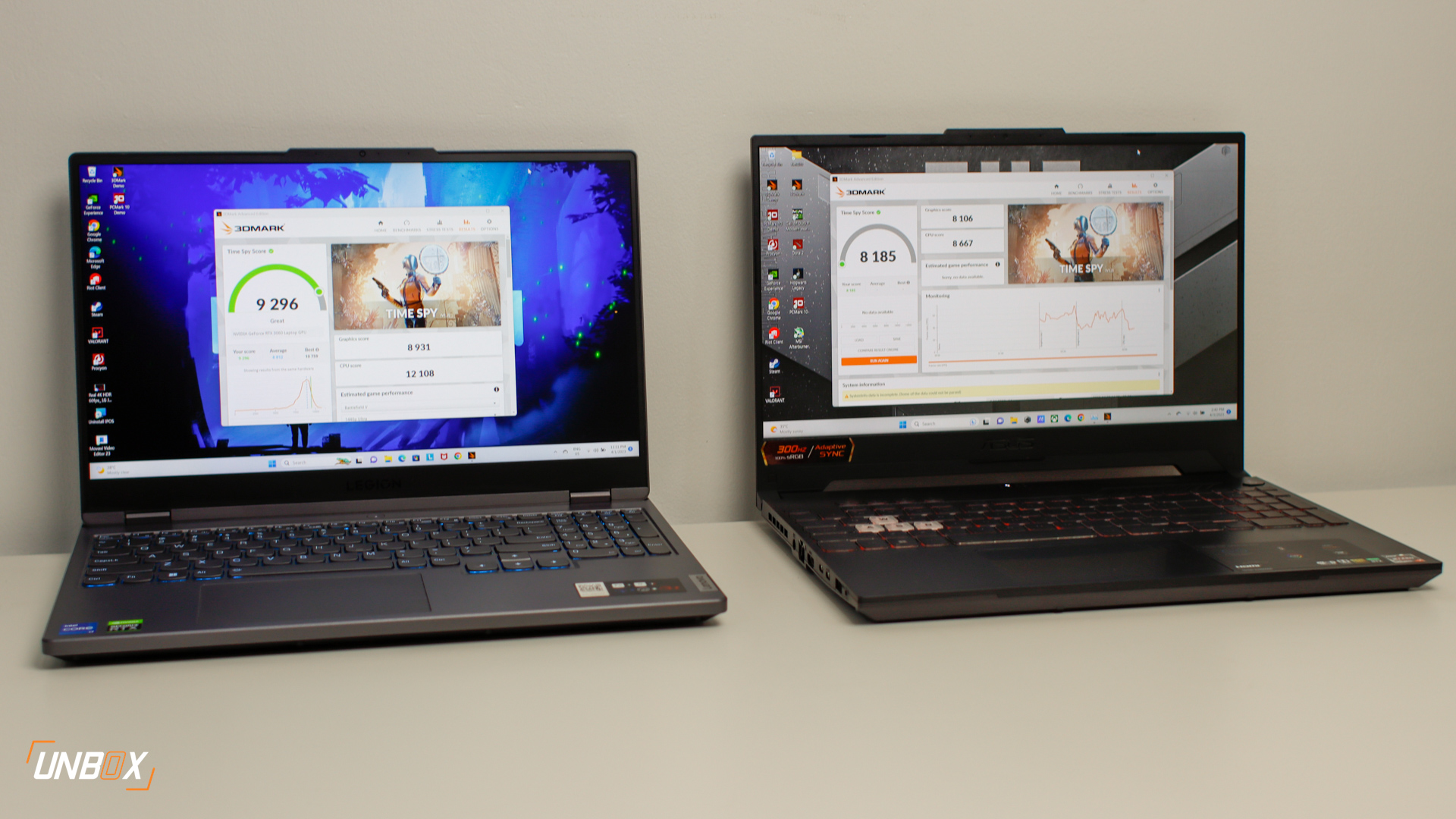It’s now official: the EU has agreed to a policy that will completely ban new gasoline and diesel cars by 2035. Citizens of the European Union have 13 years to savor seeing these internal combustion engine (ICE) vehicles grace their showroom floors before they become illegal. What exactly happened here?
This was not an easy decision to make. Carbon emissions have long been a hot topic within climate change circles, with their imminent environmental impacts apparently setting the planet on a crash course towards self-destruction. As a result, more than 16 hours of negotiations were held to reach this agreement with 27 countries in approval.
The full document that was finalized mentions that EU automakers will have to slash CO2 emissions from their vehicles by 55% for new cars and 50% for vans by 2030. By 2035 which is just 5 years later, both these numbers are expected to have been raised to 100% by policymakers.
As expected, some countries expressed backlash – but not about the decision, only regarding the timelines. An allegedly leaked memo read out that 5 countries: namely Italy, Portugal, Slovakia, Bulgaria, and Romania, are asking for an extension to 2040. They have expressed “significant differences in purchasing power” between the EU countries for this pushback. However, interested consumers will still be able to purchase ICE vehicles on the used car market. Given the fact that the average lifespan for cars is around 15 years, we will probably be seeing numbers slowly dwindle until only very few have gas/diesel-running cars in their garages.
Some questions remain unanswered though. Considering some of our favorite carmakers such as Mercedes Benz, BMW, Ferrari, and others are from the area, will they still be able to produce ICE vehicles for other markets? Can they still sell outside of EU to customers in countries with no such policies? Would it still be a financially-sound decision?
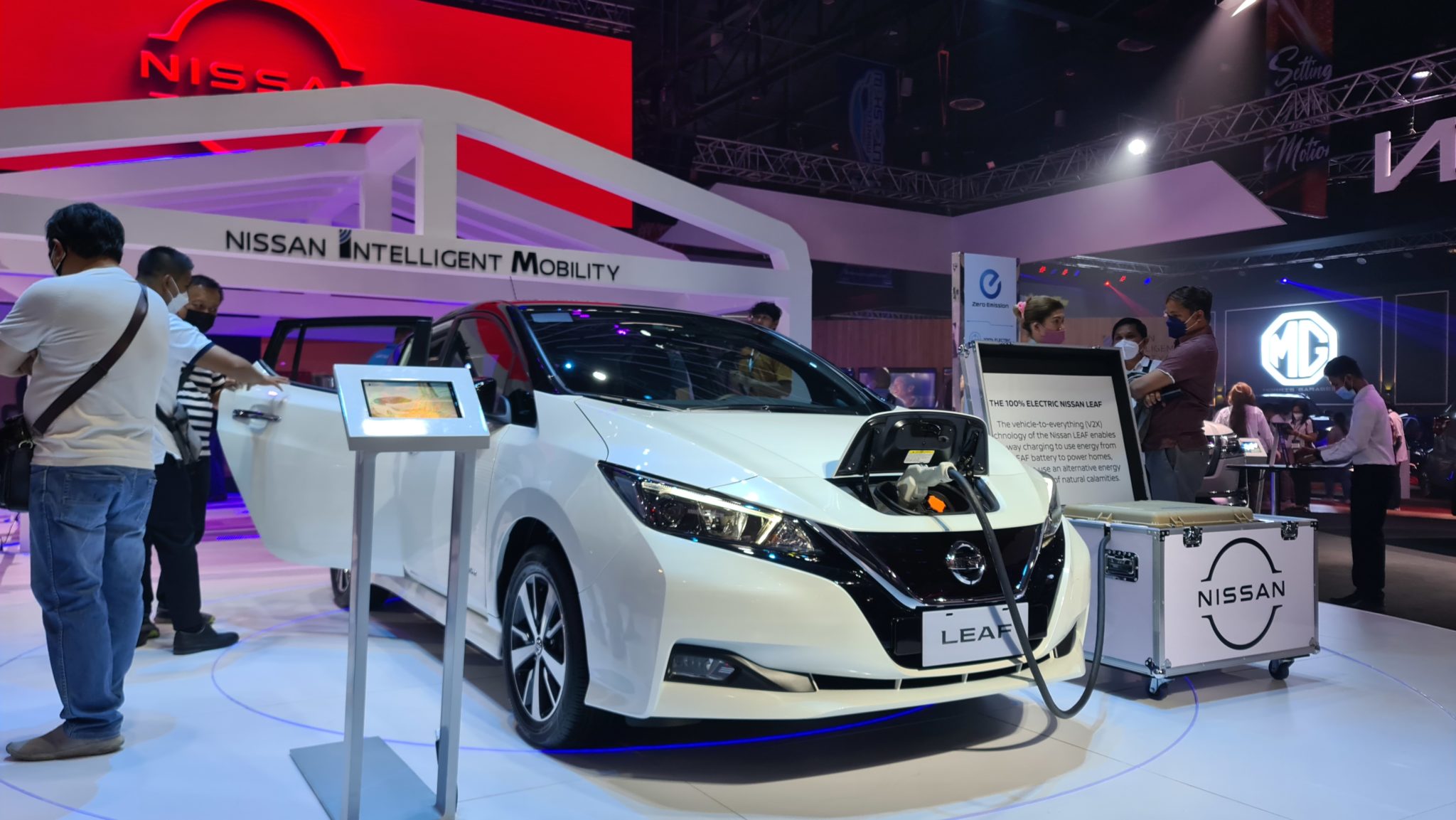
Another question if the EU will continue to ban cars is its effects on us specifically as Filipinos. We do have EVs like the Nissan Leaf in the country, along with hybrids such as the Toyota Corolla Cross. However you could argue that a very small minority of motorists can actually afford this, yet alone choose to use it. Charging stations and networks still leave much to be desired outside of progressive areas like BGC. Therefore, it is unlikely that we’ll be on track with the EU in this 2035 movement, but we’re sure to look to other countries such as the US and Japan to see what kind of moves they’ll make.
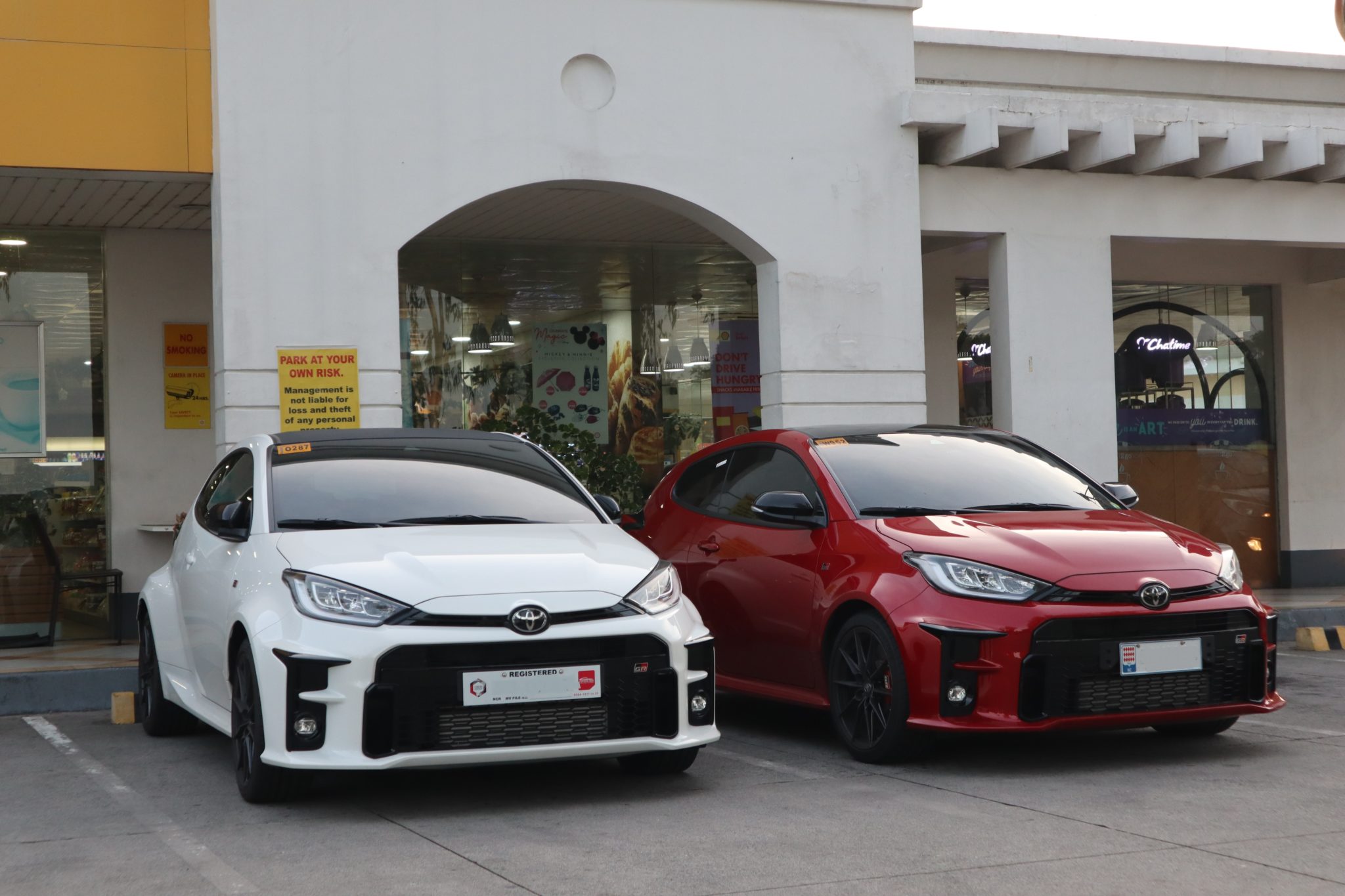
The future is moving towards unchartered territory, especially for us car enthusiasts out there. Despite the blistering speed of a Tesla, nothing beats the whir of a turbocharged 4-banger, grumble of a V8, and screams of V10/12 engines. Purists around the world definitely won’t be satisfied with artificial engine sounds pouring into the cabin from the speakers. However, we do believe that we must do what we can to save the planet. Besides, that’ll just add rarity to current sports vehicles.
Besides, while the policies above stand, we still don’t know if EVs are the future. There could be a possibility to find an alternative fuel that has most (if not all) the pros of current fuels without the cons. The goal now would be to find that miracle potion before 2035, but still develop towards eventual mass adoption of electric vehicles.
As long as they don’t make gas/diesel cars totally illegal to use, the gearhead in me is happy. Given free choice, I wouldn’t mind using something practical on the daily and taking the sports car out on the weekends. Just don’t take that choice away.


